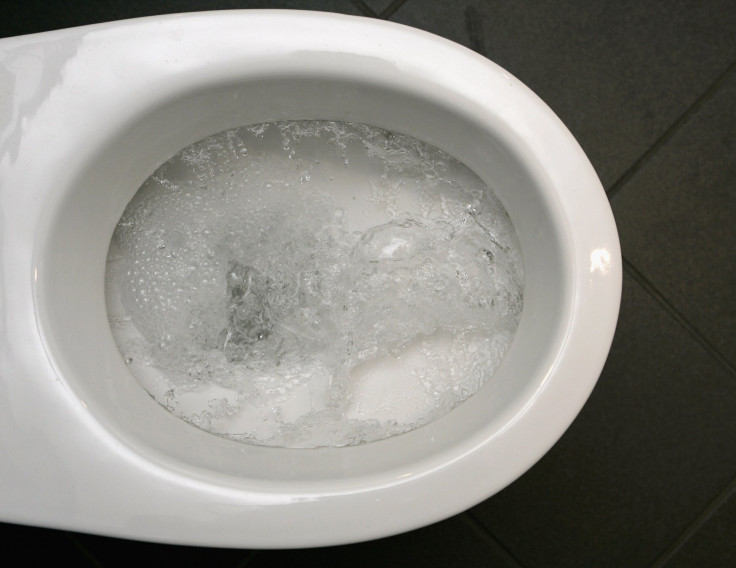Scientists Invent Ultra-Slippery Toilet Coating So Poop Doesn't Stick

A team of researchers was able to invent a new type of coating that can prevent fecal matter from sticking to the toilet’s surface. The researchers believe their invention could help save massive quantities of water around the world.
On a daily basis, over 141 billion liters of water are used to flush toilets. These include double flushes due to excrement that just won’t go down. Recently, researchers from the Penn State University were able to develop an ultra-slippery coating that can be applied on the surface of toilets.
According to the researchers, the coating works through a combination of two substances, which are both applied via spray bottles. The first substance, which is made from molecularly grafted polymers, creates molecules that look like microscopic hair strands.
Then, the second substance applies a thin layer of lubricant on the microscopic hairs to create a slippery surface. The researchers said the coating can be affected by urine and should be reapplied after every 50 flushes. Tests carried out on the coating revealed that it works perfectly.
“When we put that coating on a toilet in the lab and dump synthetic fecal matter on it, it (the synthetic fecal matter) just completely slides down and nothing sticks to it (the toilet),” Jing Wang, one of the co-creators of the coating, said in a press release.
As the researchers noted, the special coating can make flushing easier and more efficient. In fact, they said it can cut the amount of water needed to flush poop by about 90 percent. Aside from being able to save massive amounts of water, the coating can also help create a healthier home environment.
According to the researchers, the coating can prevent bacteria from building up in toilet bowls.
“Poop sticking to the toilet is not only unpleasant to users, but it also presents serious health concerns," Tak-Sing Wong, a member of the research team, said. "Our goal is to bring impactful technology to the market so everyone can benefit.”
The details regarding the special coating were presented in a new study published in the journal Nature.
© Copyright IBTimes 2024. All rights reserved.





















